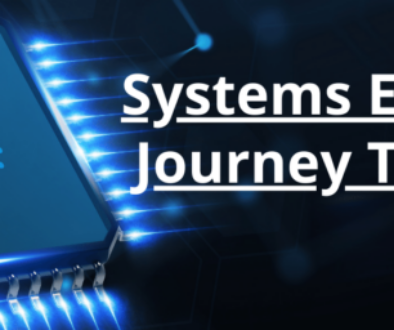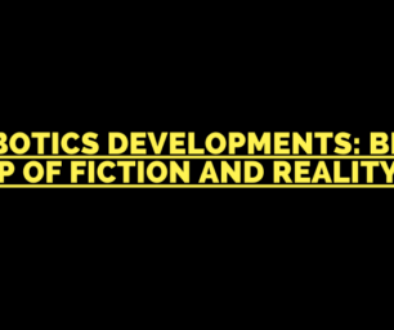Introduction:
In the rapidly evolving landscape of education, one of the most significant game-changers is the integration of Artificial Intelligence (AI) into traditional engineering education. As someone deeply involved in creating content for Learning Management Systems (LMS) and ERP providers, the impact of AI on education is undoubtedly a topic of interest. In this blog, we will explore how AI advancements are reshaping the way we approach and deliver engineering education, bringing about both challenges and opportunities.
The Changing Face of Engineering Education:
Traditionally, engineering education has been rooted in theoretical concepts and hands-on practical applications. However, with the rise of AI, there is a paradigm shift towards a more dynamic and adaptive learning environment. AI algorithms can analyze vast amounts of data to identify individual student strengths and weaknesses, enabling a personalized learning experience.
Personalized Learning Paths:
- AI algorithms can assess a student’s learning style, pace, and comprehension level, tailoring educational content to meet individual needs. This personalization ensures that students grasp foundational concepts before moving on to more complex topics, creating a solid knowledge base.
Simulation and Virtual Labs:
- AI-powered simulations and virtual labs provide students with a risk-free environment to apply engineering principles. This not only enhances their practical skills but also allows for experimentation with real-world scenarios that may be challenging to recreate in a traditional classroom setting.
Challenges in the Integration of AI in Engineering Education:
While the benefits are evident, the integration of AI into traditional engineering education also poses challenges that need careful consideration.
Resistance to Change:
- Educators and institutions may face resistance to adopting AI technologies due to concerns about job displacement or a perceived threat to traditional teaching methods. Addressing these concerns through awareness and training programs is crucial for successful integration.
Infrastructure and Accessibility:
- Not all educational institutions may have the resources or infrastructure to implement AI-driven technologies. Ensuring accessibility for all students, regardless of their economic background, is essential to prevent creating educational disparities.
Opportunities for Future Innovations:
Despite challenges, the integration of AI into engineering education opens up exciting possibilities for future innovations.
Cross-disciplinary Learning:
- AI can facilitate cross-disciplinary learning by integrating engineering with other fields such as data science, machine learning, and robotics. This prepares students for the interdisciplinary demands of the modern workforce.
Continuous Learning and Professional Development:
- AI-driven education systems can support continuous learning and professional development by adapting to industry trends and updating curriculum content in real-time. This ensures that engineering graduates are equipped with the latest skills and knowledge.
Conclusion:
As AI continues to advance, its impact on traditional engineering education is undeniable. Embracing these changes can lead to a more dynamic, personalized, and effective learning experience for students. By addressing challenges and seizing opportunities, educators, institutions, and industry leaders can collectively shape the future of engineering education in the era of artificial intelligence.




